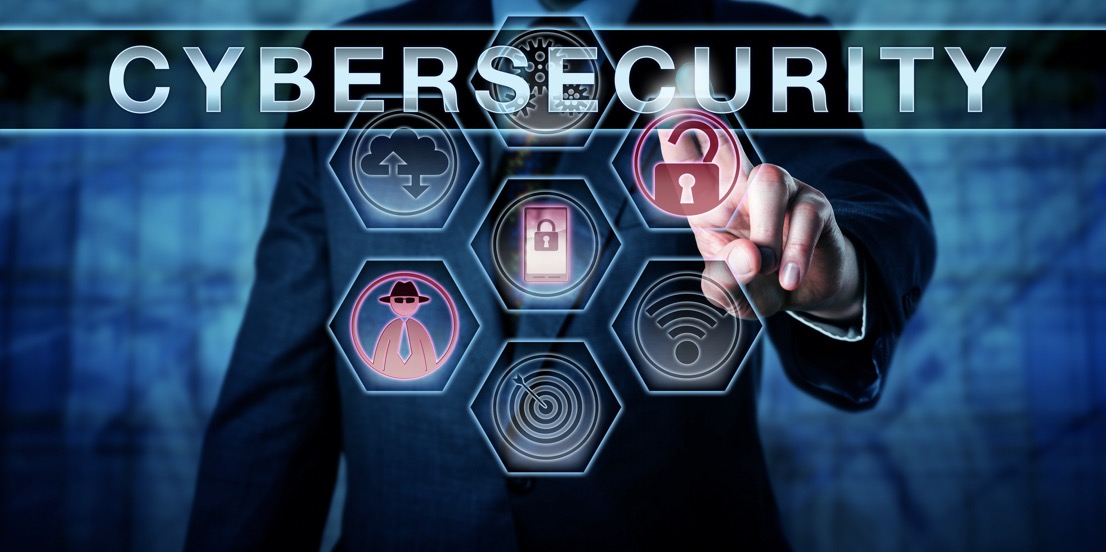Cybersecurity Best Practices : Protect Your Digital Assets
In today's digital landscape, small businesses face an increasing number of cybersecurity threats. Protecting sensitive data, customer information, and digital assets is crucial to maintain trust and ensure business continuity. In this blog, we will explore essential cybersecurity best practices that small businesses can implement to safeguard their digital assets from malicious actors. By adopting these practices, you can enhance your security posture and mitigate potential risks.
-
Employee Training and Awareness:
Building a culture of cybersecurity starts with employee training and awareness. Educate your employees about common cyber threats, such as phishing, social engineering, and malware. Encourage them to follow safe browsing habits, recognize suspicious emails, and report any potential security incidents promptly.
-
Secure Password Practices:
Enforce strong password policies across your organization. Encourage employees to create unique, complex passwords and use password managers to securely store them. Implement multi-factor authentication (MFA) wherever possible to add an extra layer of protection.
-
Regular Software Updates and Patches:
Keep all software and operating systems up to date with the latest security patches. Regularly update antivirus and anti-malware software to ensure protection against emerging threats. Vulnerabilities in outdated software can be exploited by hackers, so staying updated is crucial.
-
Secure Network Configuration:
Implement robust network security measures, such as firewalls, intrusion detection systems, and virtual private networks (VPNs). Regularly monitor network activity and restrict access to sensitive data to authorized personnel only. Segment your network to limit the potential impact of a breach.
-
Data Backup and Recovery:
Regularly back up your critical business data to a secure, off-site location. Automated backups can help ensure that even in the event of a cyber incident or hardware failure, your data remains safe and can be easily recovered.
-
Secure Wi-Fi Networks:
Secure your Wi-Fi networks with strong encryption (WPA2 or WPA3). Change the default passwords on routers and access points. Consider setting up a separate guest network for visitors, isolating it from your main business network.
-
Data Encryption:
Encrypt sensitive data, both at rest and in transit. This ensures that even if data is intercepted or stolen, it remains unreadable without the encryption keys. Implement encryption protocols for email communications and use secure file transfer methods.
-
Regular Security Audits and Assessments:
Conduct periodic security audits and assessments to identify vulnerabilities and weaknesses in your systems and processes. Engage third-party security professionals to perform penetration testing and assess your cybersecurity posture.
-
Incident Response Plan:
Develop an incident response plan that outlines the steps to be taken in the event of a security incident or data breach. Assign roles and responsibilities, establish communication channels, and practice the plan regularly to ensure readiness.
-
Ongoing Monitoring and Risk Management:
Implement a continuous monitoring system to detect potential security threats in real-time. Stay informed about the latest cybersecurity trends, update your security measures accordingly, and adjust your practices to address evolving threats.
Conclusion:
Cybersecurity is a critical concern for small businesses, and implementing best practices is vital to protect your digital assets and maintain business continuity. By prioritizing employee training, secure password practices, network security, data backup, and other essential measures, small businesses can enhance their security posture and reduce the risk of cyber threats. Remember, cybersecurity is an ongoing effort, and staying vigilant and proactive is key to safeguarding your business from ever-evolving cyber risks.

Comments